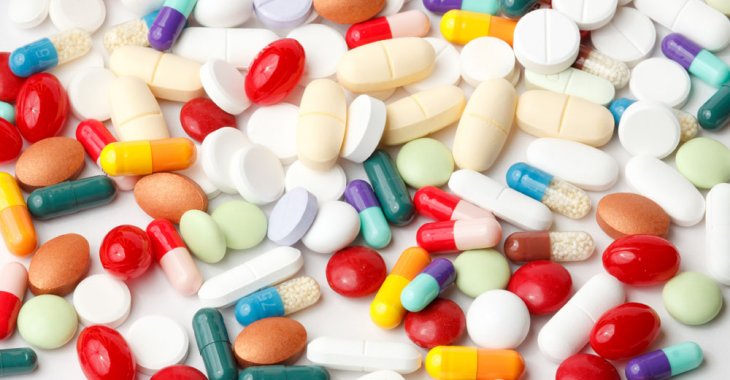The Effects of Some Medication on Your Teeth
Most medications have side effects. Unfortunately for your teeth those side effects can include a damaging impact, which will, in the long run, harm your overall health.
When it comes to your teeth, it’s a much better idea to keep healthy through exercise and eating correctly, staying away from alcohol and drugs, whether they are over-the-counter, prescribed or ‘recreational’.
Do the medications themselves cause tooth decay?
It’s not often medications directly cause tooth decay, which is what makes them so insidious. It’s the side-effects which damage your pearly whites. In fact, if you take medication regularly, ‘pearly-white’ is something your teeth are unlikely to ever be again.
The biggest impact medications, even inhalers, can have on your teeth is the fact that one of the side effects is dry mouth.
We’ve spoken about dry mouth in other posts, but it’s worth repeating in this context.
Dry Mouth
Saliva is incredibly important for healthy teeth. It protects them from tooth destroying, gum inflaming bacteria. Which is why it’s important to both brush and floss your teeth at least twice a day.
Dry mouth, or xerostomia, is caused by some of the most common medications.
The 5 most often prescribed and over-the-counter drugs that are bad for your teeth
1. ANTACIDS
Heartburn and acid reflux are both causes of tooth destruction. Taking an antacid to stop that sounds like the right thing to do. In fact, it could be the worst. No matter what kind of antacid you take, they weaken your teeth. They also contain sugar.
2. ANTIDEPRESSANTS
There is evidence that antidepressants can cause bone decay. It’s a short step from there to bad breath, dry mouth, gum disease, implant failure, infections, and tooth decay.
3. ANTIHISTAMINES AND DECONGESTANTS
Spring for some people is fraught with pain and discomfort. Blocking off your receptors and giving you your life back. Unfortunately, they also block the production of saliva in your mouth and tongue, the result – dry mouth. Antihistamines also lead to cavities and discolouration. Decongestants do the same thing. But cough syrup takes it to a different level. They are highly acidic, and acid on teeth is never a good idea.
4. BLOOD PRESSURE MEDICATION
Blood pressure medication not only causes dry mouth but also make your gums swell and even grow, making it difficult to clean your teeth correctly and encourages plaque build-up, which causes tooth decay.
5. PAIN MEDICATION
Chronic pain medication, including opioids, are more than likely to cause dry mouth and therefore, periodontal disease. At the other end of the spectrum, the common Aspirin, when taken regularly, can cause your teeth to move, as well make your gums bleed.
If taking these medications is a necessity, there are two things you should do. The first – talk to your doctor and ask if the medications you are on, or are going on, are damaging to your teeth and if they are, ask if there are any teeth friendly alternatives or what precautions you can take. And secondly, make sure you read our September article where we’ll discuss how to restrict dry mouth with what you have in your fridge.
If your teeth have been damaged by medication, please call Team Dental and set up an appointment.
